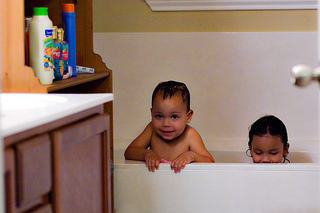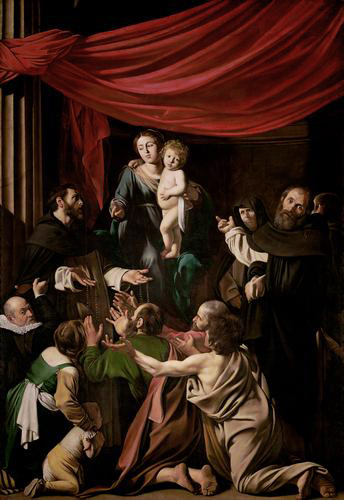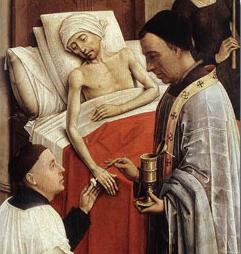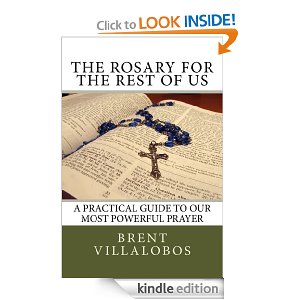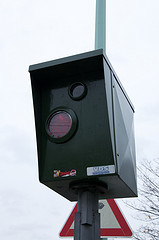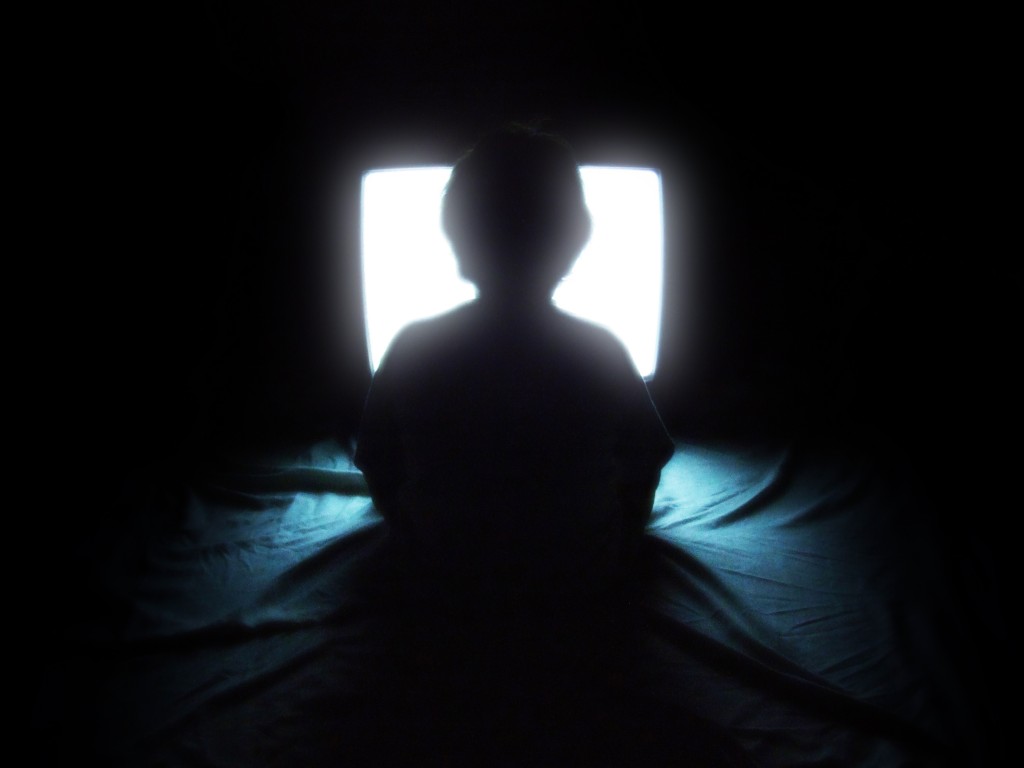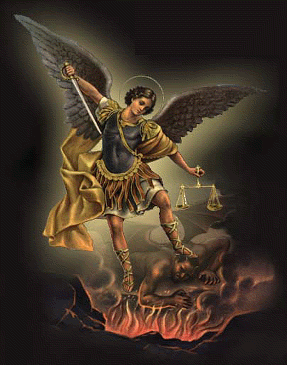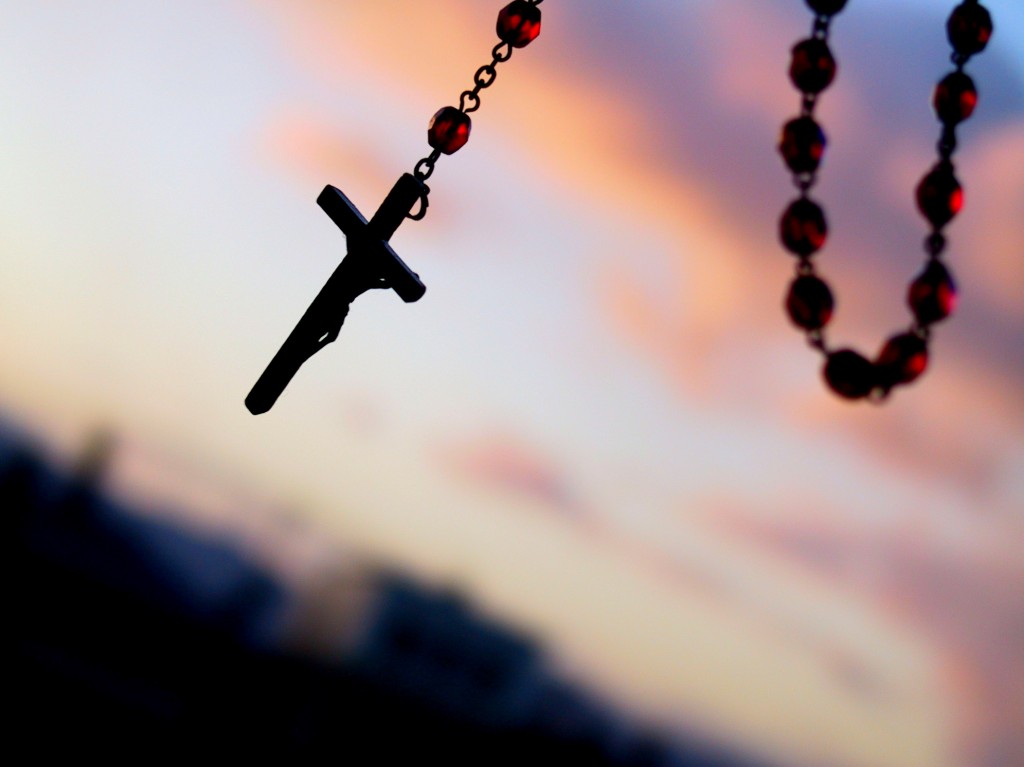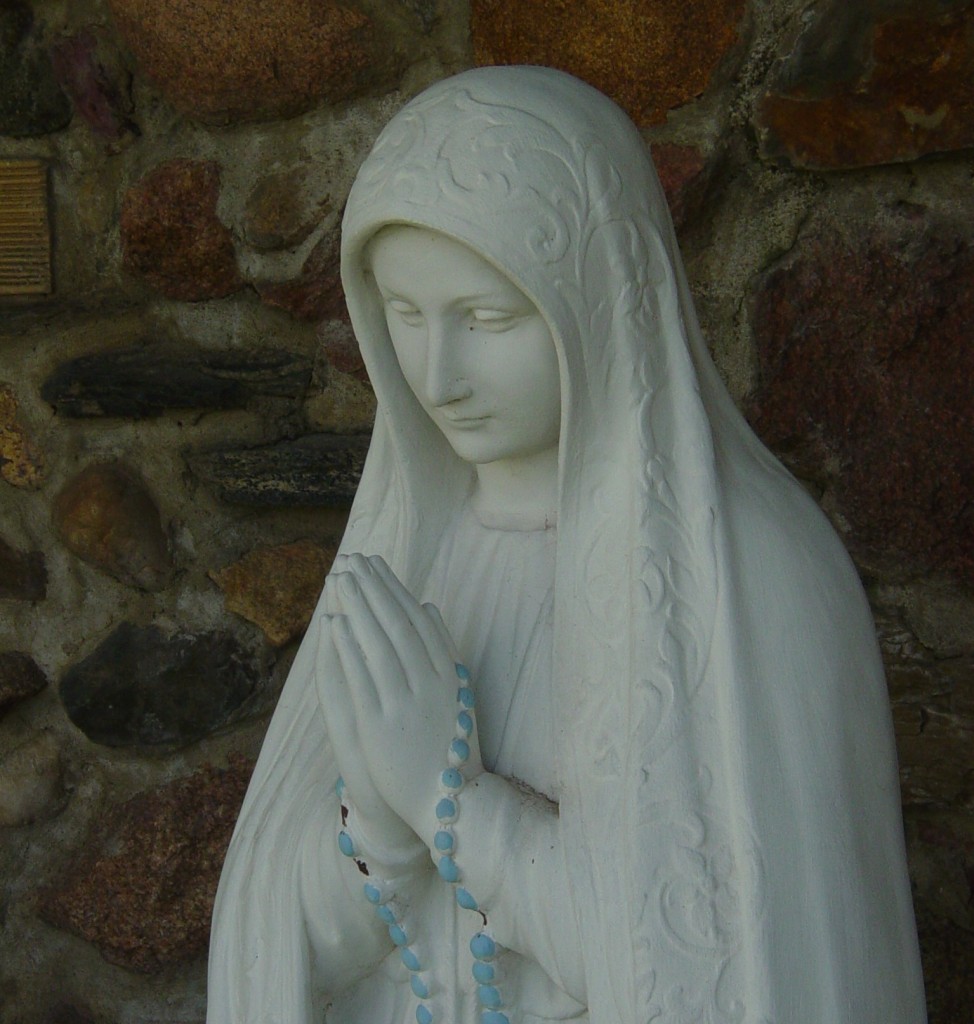Bath Time! — Mary’s Rosary Promise #9
I shall deliver from purgatory those who have been devoted to the Rosary. Ah Purgatory! After the high regard Catholics have for Mary, nothing seems more contentious than the existence and need for Purgatory. It brings up debates between Catholics and protestants and questions like, “Where is Purgatory mentioned in the bible?” Aside from the […]
Bath Time! — Mary’s Rosary Promise #9 Read More »

